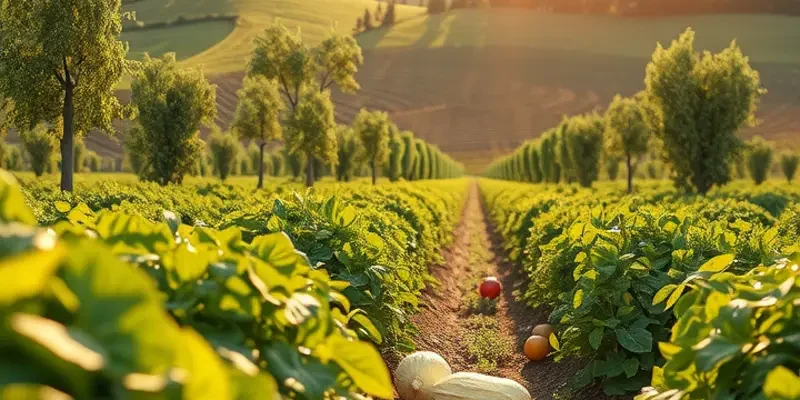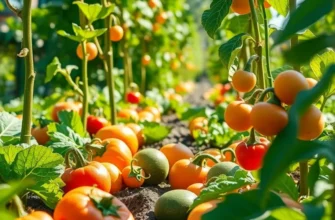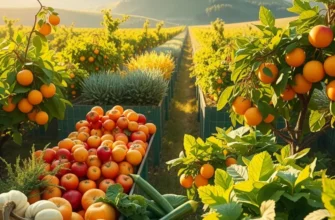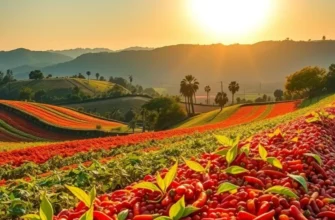Portugal’s cuisine is a delightful tapestry of flavors, steeped in history and culture. From its coastal regions to the sun-kissed hills, every dish tells a story. Join us in uncovering the culinary traditions that have evolved over centuries, making Portuguese food a true feast for the senses.
A Taste of the Sea: Seafood Wonders
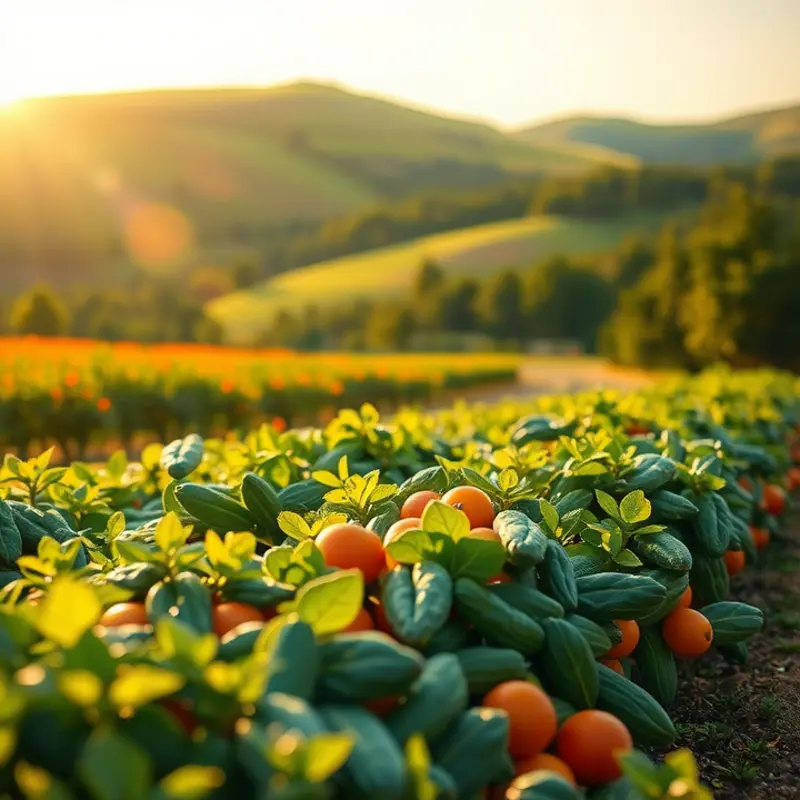
The coast of Portugal offers a bounty of seafood treasures, each dish a delicious testament to the region’s rich maritime heritage. Bacalhau à Brás, a quintessentially Portuguese dish, exemplifies this connection. Prepared from salted cod, olive oil, onions, and eggs, it’s a simple yet flavorful representation of Portuguese ingenuity, as they turn preserved fish into a culinary gem. Bacalhau, or cod, is so central to Portuguese identity that it is said there are a thousand recipes dedicated to it.
Equally cherished are sardinhas assadas—grilled sardines. Celebrated during summer festivals, these sardines are emblematic of communal gatherings and speak to the Portuguese love of grilled fish. Sardines are often seasoned with nothing more than sea salt and served with boiled potatoes and salad, preserving the pure taste of the sea.
Geography plays an instrumental role in influencing ingredient selection along Portugal’s coast. The Atlantic Ocean’s cool, nutrient-rich waters support varied seafood such as octopus, clams, and mackerel. This abundance allows Portuguese cooks to highlight the best of the sea with minimal intervention, enhancing natural flavors with fresh herbs, garlic, and olive oil.
Traditional techniques respect both the ingredient and its history. Fish is often grilled, braised, or simply simmered in caldeiradas, a type of fish stew that incorporates a medley of local catch, potatoes, and aromatic herbs. The stew’s preparation reflects maritime influences and the importance of ingredient freshness, a concept expanded in resources on speedy seafood preparation.
Octopus, another Portuguese favorite, is expertly tenderized and cooked in dishes like polvo à lagareiro, where it is baked with garlic, onions, and olive oil. The result is a dish that melts in your mouth, illustrating how simple preparations can yield profound results. The key to Portuguese seafood cuisine is respecting the sea’s offerings, balancing flavors, textures, and the natural saltiness of the ocean.
For home cooks aspiring to create Portuguese seafood delights, these dishes provide an accessible entry point. Utilizing techniques such as grilling and quick braises helps bring out the nuanced flavors of fresh seafood. Explore the variety of traditional recipes that Portugal offers, and let your kitchen become an extension of the Portuguese coast. As you do, consider sustainable practices, ensuring the ocean’s bounty can be appreciated for generations to come.
Portugal’s seafood wonders offer not just a culinary experience but a dive into the heart of its culture, connecting you with a tradition where the sea nourishes life and flavors meld with history.
Heartland Delights: Beyond Seafood
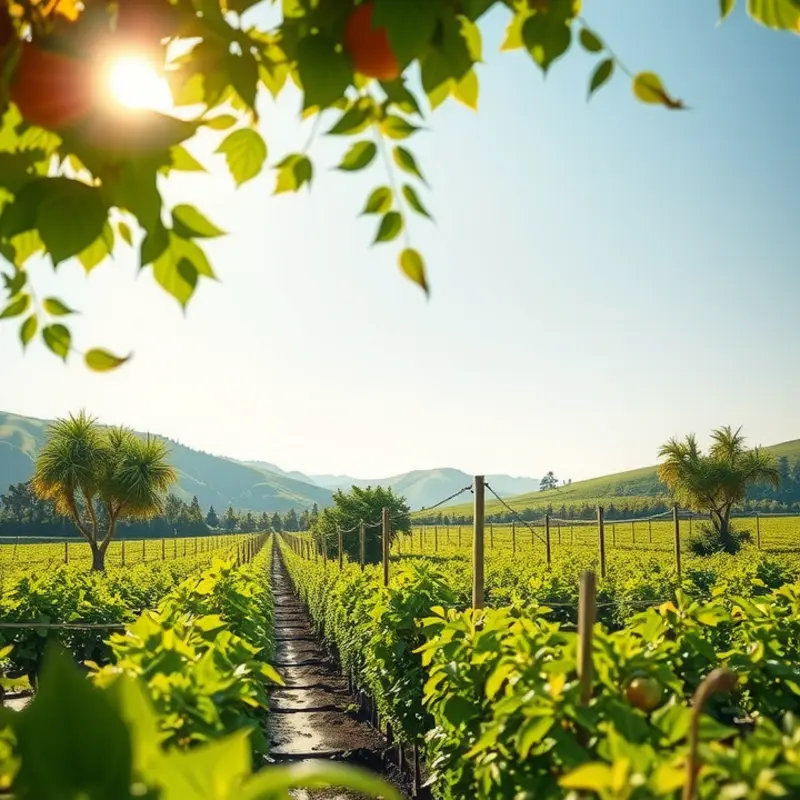
Portugal is celebrated for its seafood, yet its rich heartland offers culinary treasures equally impressive. Anchored in agriculture and tradition, these dishes reveal how the landscape shapes Portugal’s culinary signature. A quintessential offering from this heartland is Caldo Verde, a comforting green soup. Simple yet profound, it melds kale, potatoes, and the region’s prized Chouriço. This sausage, cured with paprika and garlic, adds a robust depth of flavor. The simplicity of Caldo Verde mirrors Portugal’s respect for local ingredients, highlighting the freshness and quality of what the land provides.
The rural areas of Portugal are dotted with farms growing ingredients fundamental to many dishes. In Alentejo, wheat fields contribute to Migas, a traditional dish transforming stale bread into a flavorful delight. Mixed with garlic, olive oil, and sometimes watercress, it embodies the resourcefulness of Portuguese cuisine. Migas is often served with pork, another staple of inland Portuguese fare, and exemplifies the balance between simplicity and satisfaction.
In Trás-os-Montes, another gem emerges with Folar de Chaves, a savory pastry filled with smoked meats. This dish reflects the region’s pastoral traditions, showcasing the influence of pork and other meat preservation techniques. The use of smoked sausages and hams in Folar de Chaves highlights the interplay between preservation and flavor enhancement in home cooking.
Within the vibrant tapestry of Portuguese festivals and family gatherings, these heartland delights take center stage, reinforcing cultural ties. During Easter, it’s common to see families gathering to share these traditional dishes. Such occasions offer a glimpse into how food is intertwined with Portuguese identity, celebrating not just the land’s bounties, but also the heritage that sustains them.
To embrace the culinary practices of inland Portugal is to appreciate the art of ingredient transformation. The approach echoes sustainability, as many of these recipes rely on maximizing the use of available resources. This philosophy resonates with many contemporary movements focusing on waste reduction and sustainable food systems. Those interested in adopting more sustainable kitchen practices might explore eco-smart kitchen storage tips to minimize waste and optimize ingredient usage.
The culinary journey through Portugal’s heartland reveals more than just a series of dishes; it unveils a way of life. Each bite reconnects one to the country’s rural soul, inviting us to partake in its enduring traditions. As Portuguese cuisine continues to gain global interest, these heartland recipes offer an authentic taste of what truly defines Portugal’s rich and varied food landscape.
Final words
Portuguese cuisine is a beautiful blend of tradition, innovation, and culture that invites exploration. Its diversity in flavors, from coastal seafood to hearty inland dishes, tells a rich story of the Portuguese way of life. By experiencing these culinary gems, one can appreciate not only the food but also the history and community woven into every recipe. Whether you’re a food enthusiast or simply curious about different cultures, Portugal’s culinary landscape offers something unique and delicious for everyone. So, let your taste buds travel and savor the soul of Portugal’s food heritage.

